|
4/13/2019 4 Comments How to Track IEP Data
The most important component of special education - next to the students - is the data!
Data is a special educator's lifeline. We employ data for eligibility determinations. We use it to monitor progress toward a student's IEP goals. We use it to set goals for students, determine extended year programming, report at meetings, and qualify our statements in meetings and on special education documents. We need the data to justify the TEAM's decision about a student's plan. We know the importance of data. The hard part is tracking it! Here's how I do it?
FIRST
I review at my students’ IEP goals and objectives. During this process, I pair each objective with an assessment. For example, if a student has a sight word reading goal using the Fry Word List, I pull out the Fry Word List. When I’m finished pairing assessments, I set a schedule for each probe. I typically begin the year with a full battery of assessments to obtain a baseline for a student’s goals and objectives. Some objectives are then tested weekly. For example, I will complete a weekly running record on a student’s reading. Other objectives I may assess monthly. This may be a student’s writing objective regarding a narrative piece of writing. As a result, I will plan to have a completed narrative writing piece once per month. I put this schedule into my Google Calendar and check this step off of my To Do List! You can also grab some of my favorite FREE progress monitoring assessments HERE! THEN I organize my students’ goals and objectives along with the assessments I have chosen for each on tracking forms. All forms contain a student’s name, goal(s), and objectives. The forms, then, vary by the assessment schedule. For example, some goals and/or objectives may need a spot for weekly tracking while others may need a monthly. When a student is assessed, I record the score (AKA the data) directly onto the form along with the date. This keeps my data all on one form that I can pull out on the spot when it is needed. So, if a parent states “Ben says he completes all of his work, but you lose it,” you can pull out your trusty form with evidence that Ben has completed 30 percent of his assignments in the last month. Or when it’s time to write Special Education progress reports, you don’t have to dread it. The data is at your fingertips.
The tool I use for this is my IEP Data Collection Progress Monitoring Forms and Cards for this.
You can grab my IEP Data Collection Progress Monitoring Forms and Cards from Miss Rae’s Room Teachers Pay Teachers Store HERE! If you need to track behavioral data, check out my BEHAVIOR Data Tracking Forms & Points Sheets!
Next
I break out the three-hole punch and get wild! I keep all of my tracking forms in a binder (because I grew up in the 80s, okay?!). When my caseload is on the small side, it makes my life easier to organize my binder sections by student. In this way, when I need my data for a particular student, I can quickly find it, and I don’t have to flip from section to section when I am writing reports. However, as caseloads sometimes grow over the years, it has become more efficient to have the sections organized by assessments. So when my Google Calendar alerts me that I need to test math fact fluency, I can quickly flip to the section containing the sight word assessments and tracking forms for that probe. I also keep reference sheets in my binder for easy access. For example, I always keep my DIBELS benchmarks with me at all times! Click
|
CategoriesAll 504 Academic Testing Academic Testing Reports Achievement Testing Reports Back To School B/d Reversals Coronavirus COVID-19 Discrepancy Model Distance Learning Distance Learning With LD ELL Emotional Disability Executive Functioning Extended School Year First Year Special Education Teacher Advice Fluid Reasoning FREEBIES Goal Tracking IEP IEP At A Glance IEP Goals IEP Meetings Learning Disability Oral Reading Fluency Positive Affirmations For Special Education Students Progress Monitoring Reading Remote Learning RTI Rubrics Running Records SEL For Learning Disabilities Social Emotional Learning Special Ed Teacher Interview Questions Special Ed Teacher Job Description Special Education Special Education Progress Reports Special Education Reading Special Education Reading Programs Special Education Students Special Education Teachers Special Education Teachers Positive Affirmations Special Education Teacher Tips Special Education Websites Specially Designed Reading Instruction Teaching Strategy Trauma Wilson Reading Wilson Reading IEP Goals Writer's Workshop |
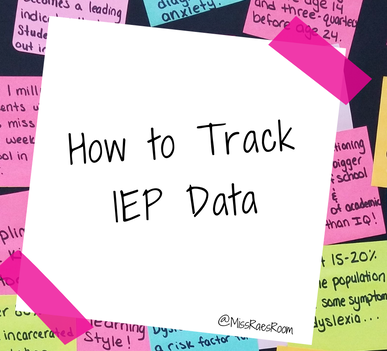
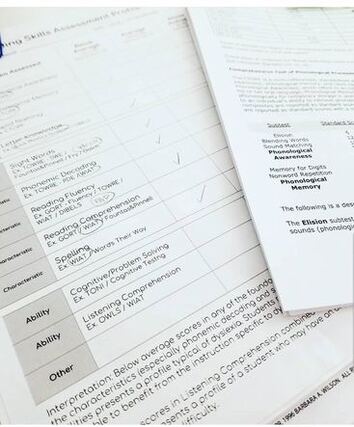
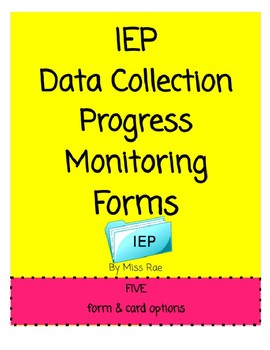
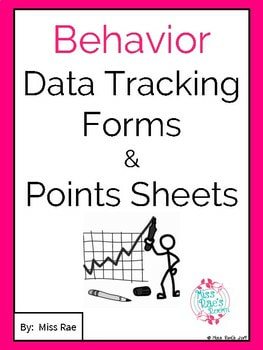
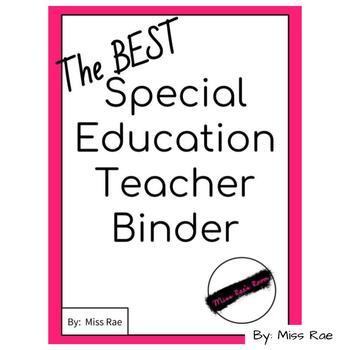
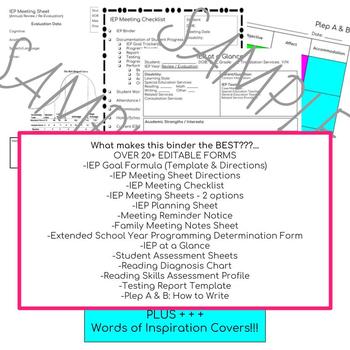
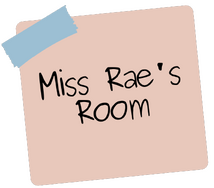
 RSS Feed
RSS Feed